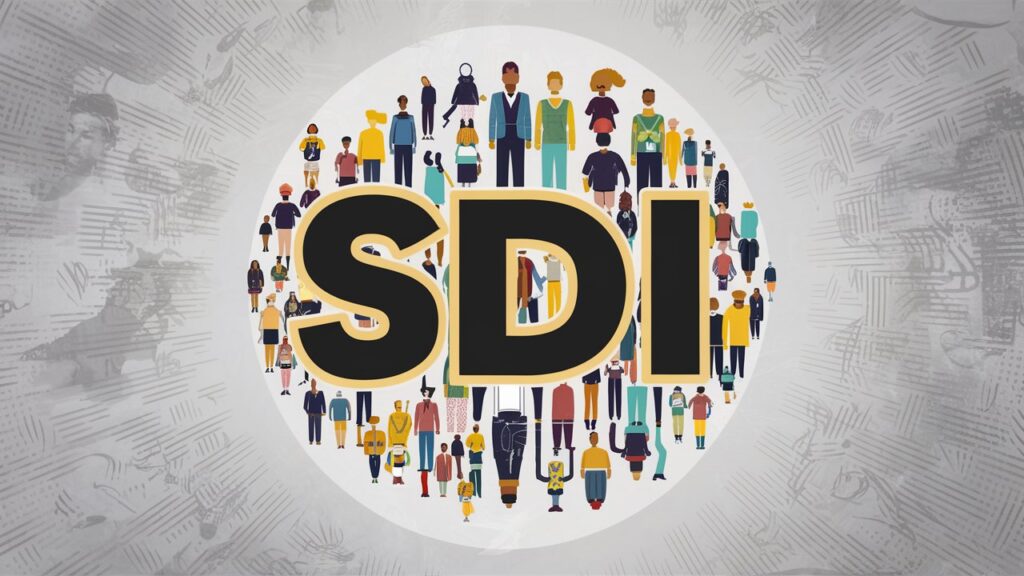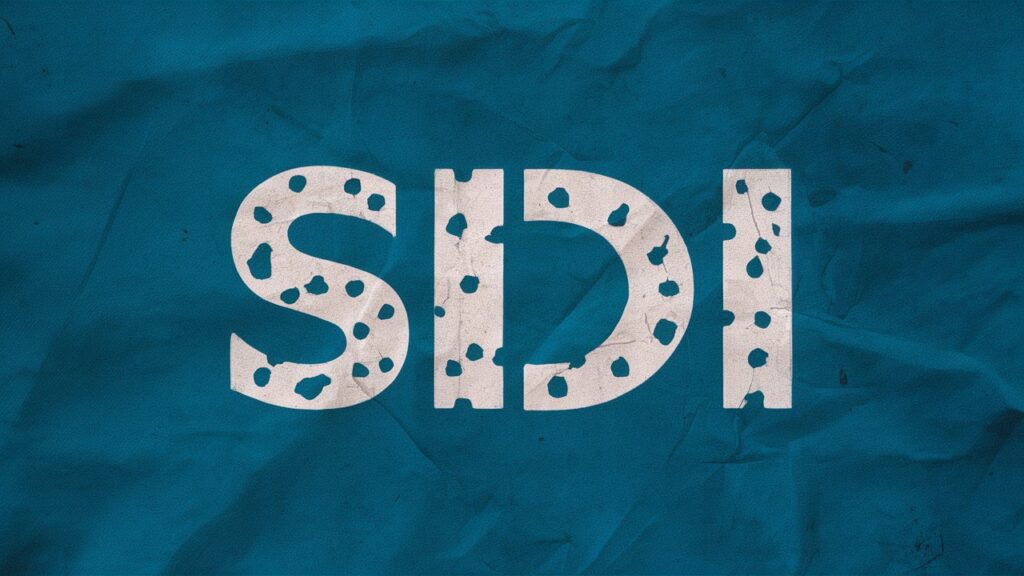State Disability Insurance (SDI) provides essential financial support to workers who can’t perform their job duties due to temporary, non-work-related disabilities. This vital program offers income replacement, ensuring financial stability while you focus on recovery. Learn more about SDI benefits, eligibility, and how to apply.
Introduction
State Disability Insurance (SDI) is a crucial benefit program designed to provide financial assistance to workers who are unable to work due to non-work-related disabilities or illnesses. Offered by various states in the U.S., SDI programs aim to support individuals during times when they are temporarily incapacitated, ensuring they can maintain a level of income while focusing on their recovery. This blog post will delve into the intricacies of State Disability Insurance, exploring its benefits, eligibility criteria, application process, and key differences between SDI programs across different states.
What is State Disability Insurance (SDI)?
State Disability Insurance (SDI) is a government-sponsored program that provides short-term financial benefits to eligible workers who are unable to perform their job duties due to a disabling condition that is not related to their occupation. The purpose of SDI is to replace a portion of the worker’s income, ensuring financial stability while they are temporarily disabling and unable to work.
Key Features of SDI
- Income Replacement
SDI provides partial income replacement, generally covering a percentage of the worker’s wages. The exact percentage and maximum benefit amount can vary by state.
- Eligibility Requirements
Eligibility for SDI typically depends on the worker’s past earnings, employment status, and the nature of the disability.

- Duration of Benefits
SDI benefits are usually available for a limited period, often up to 52 weeks, depending on the state and the individual’s circumstances.
- Application Process
To receive SDI benefits, workers must file a claim with their state’s SDI program and provide necessary documentation of their disability.
Understanding the Eligibility Criteria
Eligibility for State Disability Insurance varies by state, but common criteria include,
- Employment Status
Generally, workers must be employed or have recently been employing in a job covered by the SDI program.
- Earnings History
Applicants typically need to demonstrate a certain level of earnings over a specified period prior to the disability.

- Medical Certification
A medical professional must certify the disability, confirming that the individual is unable to work due to a non-work-related condition.
- Waiting Period
Some states impose a waiting period before benefits can begin, requiring workers to be disabled for a certain number of days before claiming SDI.
State-Specific SDI Programs
While the core concept of State Disability Insurance remains consistent, the specifics can vary significantly between states. Let’s explore how SDI works in a few key states,
California
In California, the State Disability Insurance program is administering by the Employment Development Department (EDD). Key aspects of California’s SDI program include,
- Benefit Amount
California provides up to 70% of a worker’s wages, with a maximum weekly benefit amount that is adjusting annually.
- Eligibility
Workers must have earned at least $300 in wages that are subject to SDI deductions during a base period.
- Application
Claims can be filed online, by mail, or by phone, and workers must provide medical certification from a licensed healthcare provider.
New York
New York’s Disability Benefits Law (DBL) provides short-term disability benefits to workers who are temporarily disabling. Features of New York’s SDI program include,
- Benefit Amount
New York offers up to 50% of the worker’s average weekly wage, with a maximum benefit amount.
- Eligibility
Workers must have been employed for at least four consecutive weeks and have earned a minimum amount in the base period.
- Application
Claims are processing through the worker’s employer, who submits the necessary documentation to the New York State Workers’ Compensation Board.
New Jersey
In New Jersey, the State Disability Benefits Program is managed by the Department of Labor and Workforce Development. Highlights include,
- Benefit Amount
New Jersey provides up to 85% of a worker’s average weekly wage, with a cap on the maximum benefit.
- Eligibility
Workers must have earned a minimum amount in covered wages during the base period and have a medically certified disability.
- Application
Claims can be filed online or by mail, with required documentation including medical certification and proof of earnings.
The Application Process
Applying for State Disability Insurance typically involves the following steps,
- Gather Documentation
Collect all necessary documents, including proof of employment, earnings records, and medical certification of the disability.
- Submit a Claim
File a claim with the relevant state agency, either online, by mail, or through an employer, depending on the state’s procedures.
- Provide Medical Certification
Submit medical documentation from a licensed healthcare provider detailing the nature and duration of the disability.
- Await Processing
The state agency will review the claim and make a determination regarding eligibility and benefit amounts.
Key Considerations and Tips
Understand State Variations: Since SDI programs vary by state, it’s essential to familiarize yourself with your state’s specific requirements and benefits.
- Maintain Accurate Records
Keep detailed records of your earnings and medical documentation to support your claim.
- File Claims Promptly
Submit your claim as soon as possible to avoid delays in receiving benefits, especially since some states have waiting periods.
Conclusion
State Disability Insurance (SDI) is a vital safety net for workers facing temporary disabilities. By providing income replacement during periods of incapacity, SDI helps individuals maintain financial stability while they focus on their recovery. Understanding the specifics of your state’s SDI program, including eligibility requirements, benefit amounts, and the application process, is crucial for making the most of this important benefit.
Whether you’re a current beneficiary or considering applying for SDI, staying informed about the program’s details and deadlines can significantly impact your experience. For personalized advice and support, consider consulting with a disability attorney or your state’s SDI office. By taking proactive steps, you can ensure that you receive the financial assistance you need during challenging times.
For more details please visit our home page: Click Here

